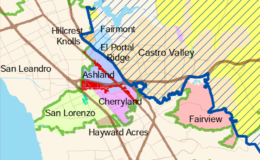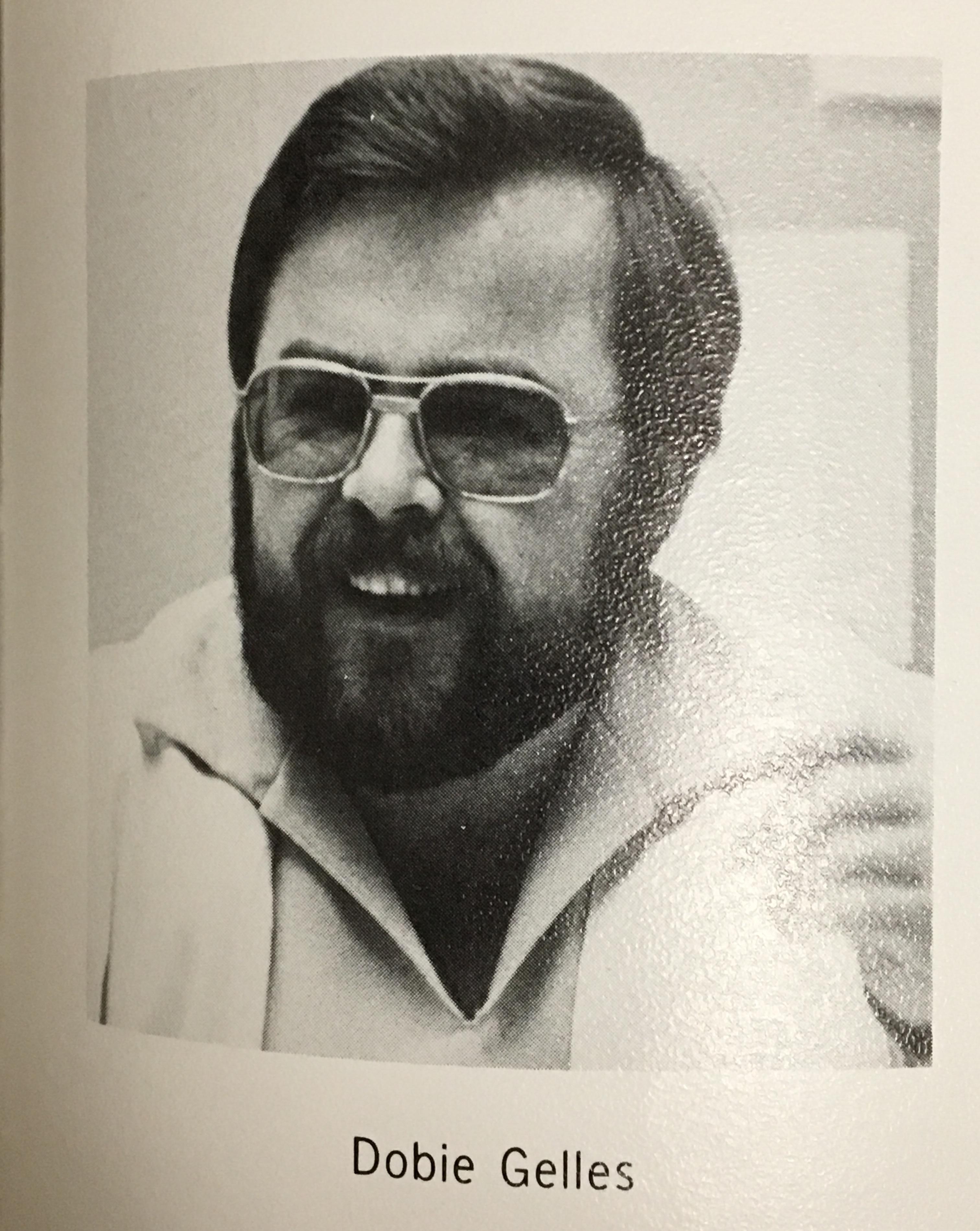So you have to pay money???
The “Unqualified” Failure of my Write-In Campaign for Alameda County Sheriff
- By : Michael Kusiak
- Category : Governance
- Tags: alameda county, alameda county sheriff, castro valley, elections, governance, politics, primary election, running for office, voting, write-in candidate
Rules Regarding Write-In Candidates
 After a long day last week, my wife sat down to complete her absentee ballot for yesterday’s election. The only listed candidate on the ballot for Alameda County Sheriff (and Coroner) was Gregory J. Ahern, the incumbent who has served as Sheriff since 2007, followed by a spot for a “write-in” candidate. Since we moved to Castro Valley, Melissa has heard me yammer about some issues I didn’t see eye-to-eye on with the Sheriff, like allowing the television show Cops to film in Alameda County’s unincorporated communities and seeking to obtain drones without robust public input. She jokingly asked me if she should write me in as her choice. I said yes. Thus was born my campaign for Alameda County Sheriff and the hashtag #KusiakForSheriff2014. My nascent campaign to be Alameda’s chief law enforcement officer, the person responsible for Santa Rita jail and policing in the unincorporated communities, imploded on Monday when a friend let me know that “write-in” might not be as simple as writing down “Michael Kusiak” on a ballot.
After a long day last week, my wife sat down to complete her absentee ballot for yesterday’s election. The only listed candidate on the ballot for Alameda County Sheriff (and Coroner) was Gregory J. Ahern, the incumbent who has served as Sheriff since 2007, followed by a spot for a “write-in” candidate. Since we moved to Castro Valley, Melissa has heard me yammer about some issues I didn’t see eye-to-eye on with the Sheriff, like allowing the television show Cops to film in Alameda County’s unincorporated communities and seeking to obtain drones without robust public input. She jokingly asked me if she should write me in as her choice. I said yes. Thus was born my campaign for Alameda County Sheriff and the hashtag #KusiakForSheriff2014. My nascent campaign to be Alameda’s chief law enforcement officer, the person responsible for Santa Rita jail and policing in the unincorporated communities, imploded on Monday when a friend let me know that “write-in” might not be as simple as writing down “Michael Kusiak” on a ballot.
What Exactly is a “Write-In” Candidate?
The notion that you would have to register so that voters can write your name on a ballot seems like the antithesis of “write-in.” But sure enough, the California Secretary of State’s website confirms that if you want to be a successful write-in candidate, you need to provide a “Statement of Write-In Candidacy” prior to the election. After receiving this statement during a specific period (this year’s was April 7 to May 20), then your name gets added to a “Qualified Write-In Report“. If you’re on this list, then your supporters can write your name on a ballot, and the vote is valid. If you’re not on the list, votes in your name are not counted. With all 1,119 Alameda County precincts reporting, Sheriff Ahern won the race in a landslide yesterday with 98.32% of the vote. Write-in candidates, like me, received 1.68% of the vote. Since there are no “Qualified Write-In” candidates for the office of Sheriff/Coroner, the only valid votes are the 92,301 that Sheriff Ahern received. The 1,574 for the “Unqualified Write-In” candidates get thrown out.
I’m not protesting the outcome of the vote. I sincerely wish Sheriff Ahern much success in his next four years of service to the residents of Alameda County. But, as a failed “Unqualified Write-In” candidate, I have some suggestions about making it easier for unexpected candidates to get fair consideration in California elections.
- Voters need revised, plain language guidance about write-in candidate requirements. The “Qualified Write-In” requirement was enacted when California voters passed Proposition 14 in 2010. Neither the State of California Secretary of State nor the Alameda County Registrar of Voters explain the “Qualified Write-In Candidate” requirements very well.
- It’s time to revise the ballot. The top of my ballot referenced “Qualified Write-In Candidates,” and a friend of mine said he saw the list at his polling place; however, in the actual white space where you are prompted to write in a candidate, there is no prompt that the name to be inputted may only be that of a “Qualified Write-In Candidate.” I suspect that most voters don’t know the condition attached to “Write-In”.
- Maybe it’s time to bring back true “Write-In” candidates, at least for the non-partisan races? The notion of a “Qualified Write-In Candidate” is awkward – it’s not an intuitive concept. I suspect that few California voters know about it. And when voters see a blank space on their ballot for a write-in candidate (and feel the urge write a name in there), they don’t appreciate that unless the name they’re writing down down is on the “qualified” list, their vote may be counted, but the candidate they selected won’t be recorded.
I appreciate the promise of Proposition 14 to open up competition to any candidate from any party during the primary, and then winnow down the candidates to two, regardless of party, for the general election. The idea was to get more competitive races without political parties telling voters who the candidates had to be. But for nonpartisan local elections, I think it makes sense to maintain the possibility for a very last minute candidate to step into the race.
Sheriff Ahern effectively won his reelection on May 20, after no one submitted a Statement of Write-In candidacy. Something could have happened between May 20 and yesterday that could have prompted a compelling reason for a write-in campaign. For me, the compelling reason was my wife. And I would like to thank her for believing in me and voting for me.


